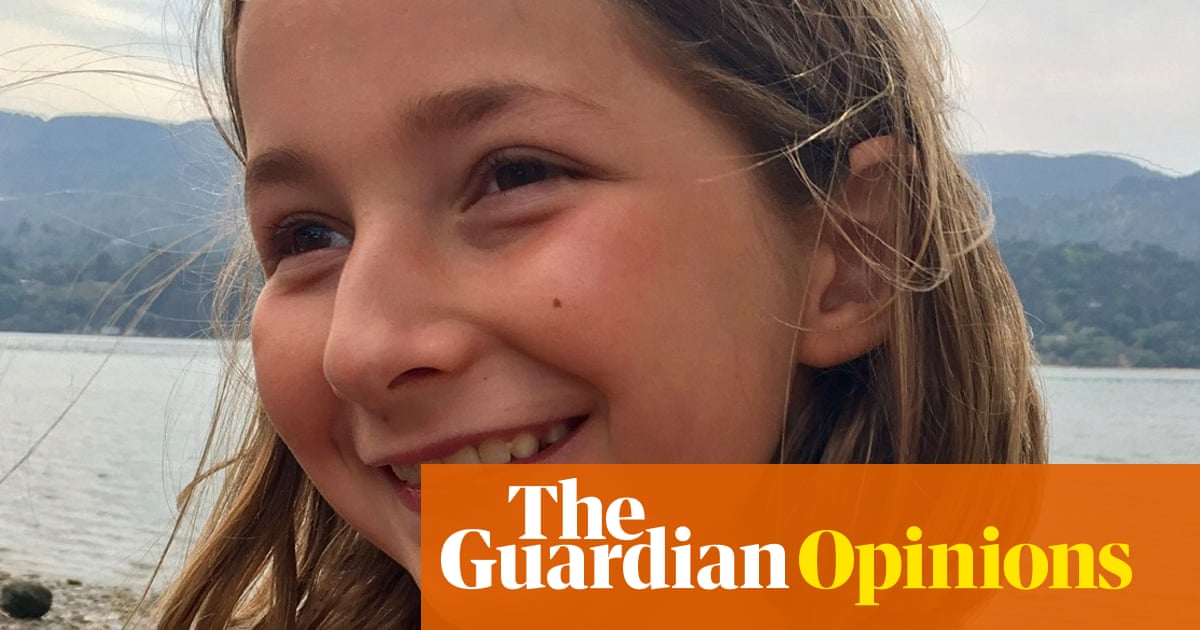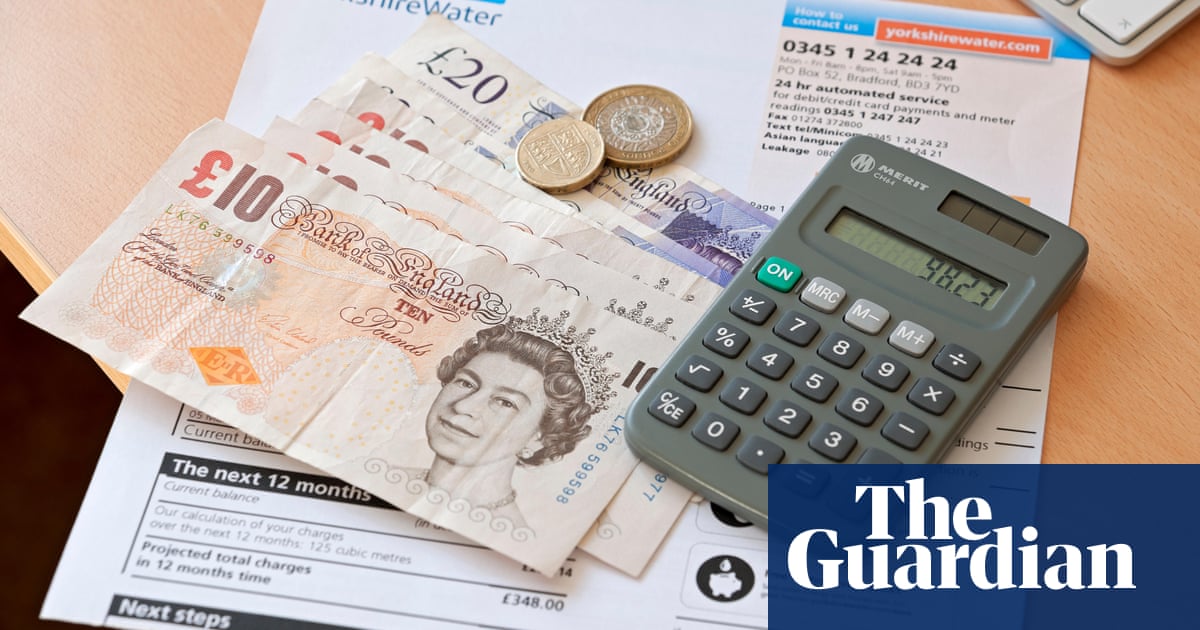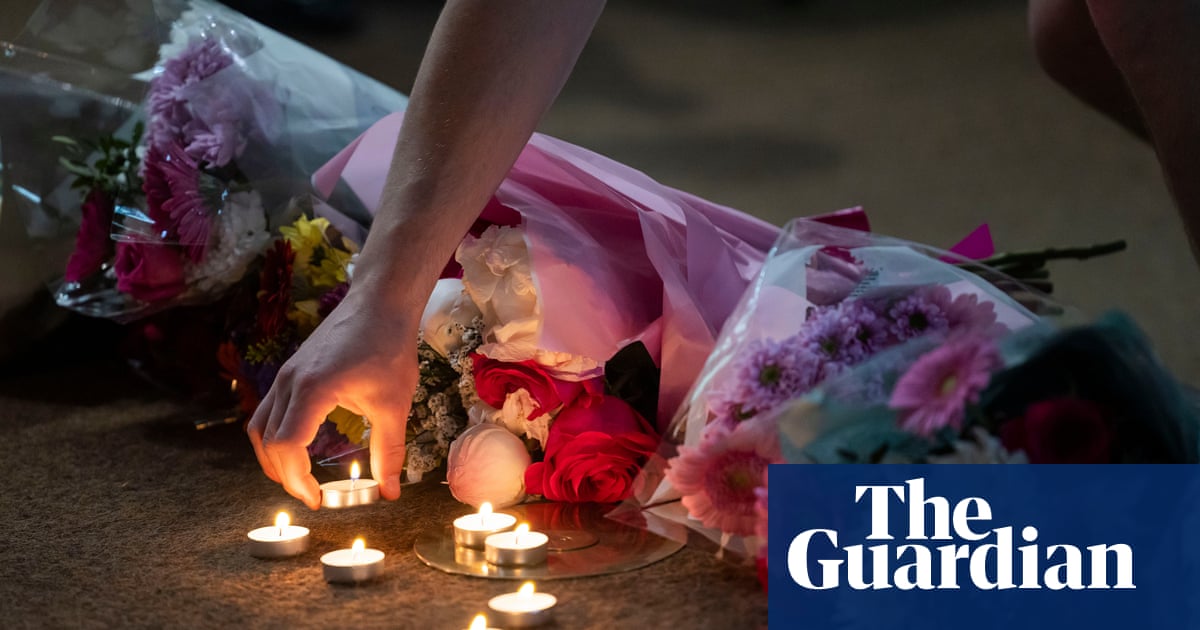
In 2016, Lauren Aquilina released her first album. The same day, she left the music industry, vowing never to return.
The pressures of burgeoning fame, the loneliness of the industry for the young pop singer and endless meetings full of people (mostly men) twice her age talking over her had taken a toll on her mental health and the only way she thought she could recover was to leave without looking back. Now, she is hoping to revamp the industry’s approach to care with a new independent community group and support system, Girl & Repertoire.
“Having this kind of community would have made all the difference to me,” Aquilina says. She cites a lack of women as a key issue in her own experiences, and hopes to provide a “big sister” presence for young artists now. “That’s something I didn’t have when I was 16, 17 and that’s something that could have changed the path of my whole career.”
Aquilina represents the artist side of Girl & Repertoire, the brainchild of Georgie Willmore, whose own experiences working at a record label as an 18-year-old inspired her to improve the experience for young women entering the industry behind her. “I was shocked when I first started out that other girls around me would stay quiet if someone spoke to them badly,” Willmore says. “Why didn’t these girls feel empowered and strong enough to stand up and speak out?” She acknowledges, though, there were consequences to speaking out herself. “It made me not very well liked; people thought it was controversial that the young intern would say, ‘You can’t do that’ to some big senior executive.”
The music industry has faced a slow reckoning over the level of care that its young staff and artists receive. Little Mix recently confirmed they received no aftercare when they won The X Factor in 2011 and were thrust into A-list status. Each member has suffered mental ill-health, from dealing with racism and social media bullying to anxiety and severe depression. “We never had anyone checking on us to see how we were doing mentally, it was all just go, go, go. I personally don’t feel like there was anyone who cared,” Jesy Nelson told the Radio Times.
Tragic incidents have led to a greater scrutiny of how record labels in particular look after artists; rappers Lil Peep, Mac Miller and Juice WRLD have all died in recent years from drug overdoses, while dance music star Avicii died in 2018 from self-inflicted injuries. In a statement, his family described him as “a fragile artistic soul” and said the pace he worked at “led to extreme stress … Tim was not made for the business machine he found himself in.”
That business machine is steered by record labels, often huge enterprises that are slow to change, but there are signs that artist wellbeing is a higher priority now than ever before. Peter Robinson, who coaches artists on how to navigate life in and out of the public eye, stresses the need for support from the beginning to the very end of an artist’s (potentially short) career. “It’s increasingly part of the conversation at labels,” he says. “And it’s not unheard of to find a manager whose first move when working with an artist is to match them with a therapist or life coach.”
“We’re figuring out what we can do to help more,” a spokesperson for Warner Music UK says, adding that the label is in “a significant trial project” with independent experts to provide mental health support to both artists and employees. Sony cites its work with the mental health charity, Mind. “Now we’re focusing on the next level of advice, resources and guidance for both the artist and their management teams and families,” says the chairman and CEO of Sony Music UK and Ireland, Jason Iley.
“This is a generational shift. Mental health just wasn’t part of the vocabulary for the older generation,” says Rhian Jones, author of a book named Sound Advice with Lucy Heyman, part-funded by labels and live events companies (with no editorial control) to offer a kind of handbook for artists navigating the music industry. “The ‘tortured artist’ trope has been hanging around for a long time, which suggests that some sort of mental imbalance is inherent to good art, but there’s a big difference between a temporary period of emotional pain and ongoing ill-health.”
This slow turning of the labels’ tillers is a welcome sign of change, but grassroots communities such as Girl & Repertoire and Scottish Women Inventing Music (Swim) are intent on offering support more immediately and independently, particularly to women and non-binary people. “I think the time now is to really focus on the kind of lower level and start growing and pushing them up and mentoring and nurturing,” Swim’s Halina Rifai says, the idea being prevention alongside cure.
Williams and Aquilina are hoping to right decades of oversight. Their first meeting took place over Zoom but post-Covid there are plans for networking events, fundraising to offer grants, and always a friendly ear available for support, advice and care. “I felt like I wasn’t supposed to talk to anybody else,” Aquilina says of her experience as a major label artist. “I was supposed to kind of just stay in my own little bubble and not confer with other [artists] about what was happening. And I honestly think it would have changed my whole life to have had something like this.”












